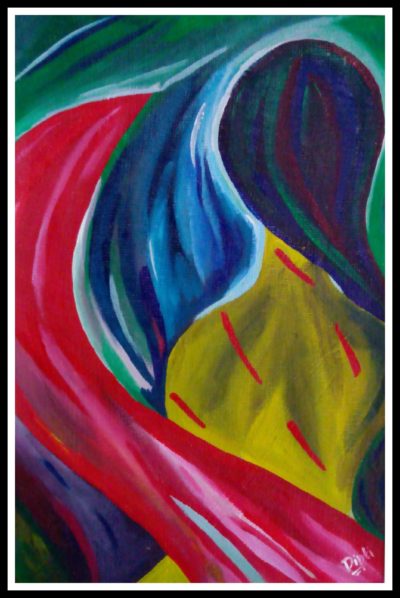Kamla Das- Mother of Modern English Poetry
Written by: Akhila Mohan
Edited by: Ritika Rana
“I am sinner, I am Saint, I am the beloved and the betrayed. I have no joys that are not yours, aches which are not yours, I too call myself “I” “
~ Kamala Das.
Kamala Das or Kamala Suraiyya or Madavikutty is a renowned writer not only in English but also in Bengali and Malayalam. She is proclaimed to be as one of the best confessional poets of her times. Her brazen style of writing was something unique to her that times. She was a woman who talked about the minute details of the experiences of her childhood, youth and her teenage married life. She brought the experience of women in a patriarchal society through her feministic writing, she unabashedly wrote about the sexual ineptness of her husband and preference for men.
Through her writings, she repeatedly brought the issue of caste class and patriarchy in Indian society. Her writings were often said to be obscene by critics of that time as she was too progressive for her times.
Kamla is best known for her autobiography which started as a weekly column in Malayalanadu. This was 15 years later published as “My Story” The book is about her personal and professional experiences as a woman in a patriarchal society and her quest for love in its truest form. Her writing consisted of vivid descriptions of menstruation, puberty, love, lust, lesbian encounters, child marriage, infidelity and physical intimacy. She introduced her readers to the concept of female sexuality, a notion that was nonexistent until then. On being a female writer at that age she said :
“A woman had to prove herself to be a good wife, a good mother before she could become anything else. And that meant years and years of waiting. That meant waiting till the greying years. I didn’t have the time to wait. I was impatient. So I started writing quite early in my life. And perhaps I was lucky. My husband appreciated the fact that I was trying to supplement the family income. So, he allowed me to write at night. After all the chores were done, after I had fed the children, fed him, cleaned up the kitchen, I was allowed to sit awake and write till morning. And that affected my health”.
Her openness about female sexuality without a pang of guilt marks her distinct from her contemporaries. Being brought up in a family of writers, she too turns out to be one among them. She wrote for various newspapers, then moved on to write poetry and soon stood apart from the rest. Her most famous works include “Summer in Calcutta”, “The Descendants”, “An Introduction”, “A Hot Noon in Malabar”, and “My Story”.
She received many literary accolades in her entire life and was even nominated for Nobel prize for literature in 1984.
She was one who was a devotee of Lord Krishna, she had an immense love for him. Through her poems, it is evident about how much she admired Lord Krishna. Even though she was never happy in her married life she was aware of the love and the purity was so enormous that she dedicated her entire life being an admirer. But later on in her life, she converts from Hinduism to Islam “I have given up my freedom”, she declared in an interview in 1999, aged 65. “It has made me feel so shabby. Islam is not a lenient husband. Islam is rigid, very stern, I think of Allah as my master. I am his subservient handmaiden. I delight in being subservient.”She died in 2009 at 75, succumbing to a bout of prolonged pneumonia.






0 Comments